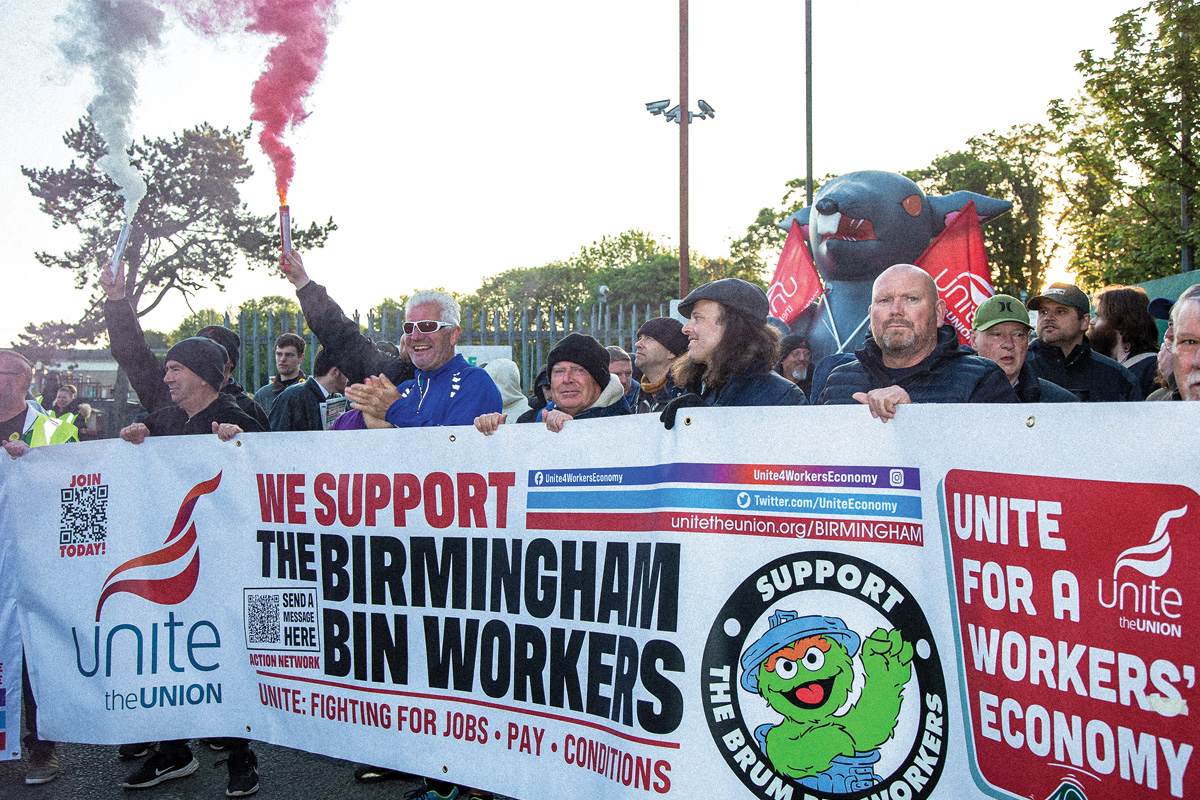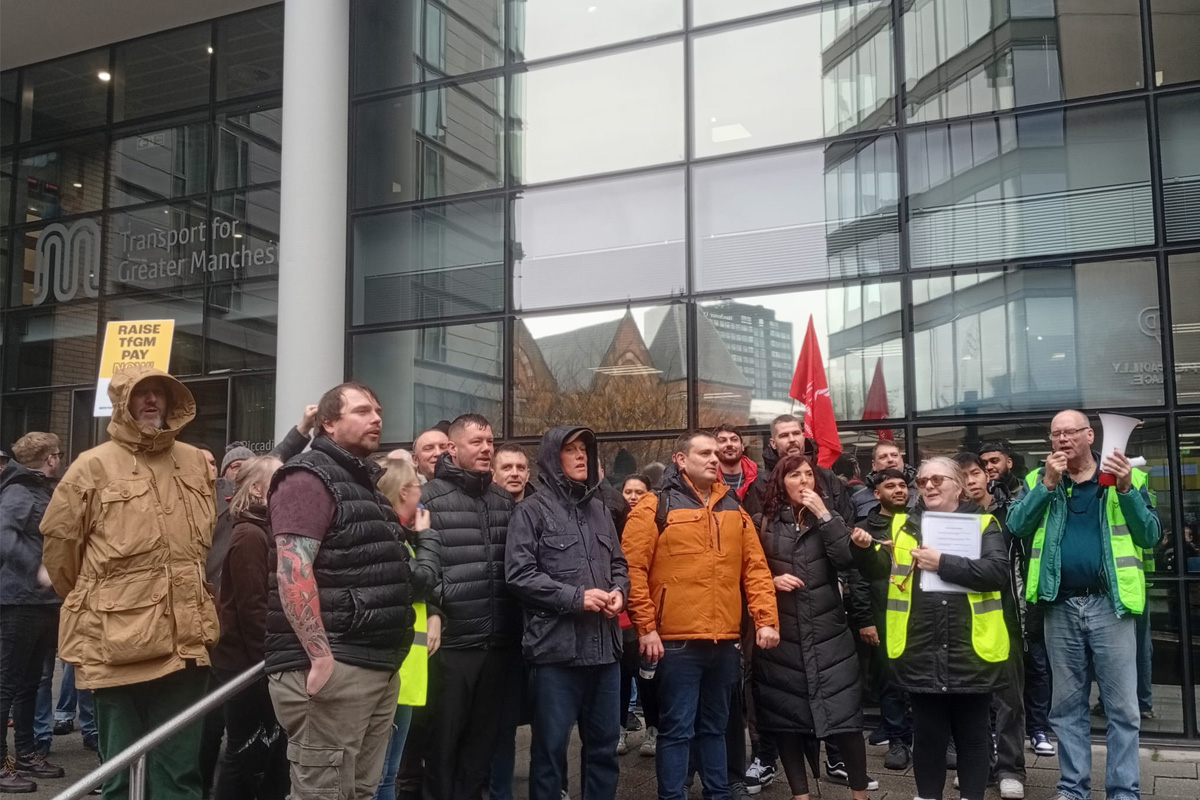The Birmingham bin workers have entered their seventeenth consecutive week of indefinite strike action. The strikers remain resolute in their will to fight against Birmingham city council’s attacks on their pay and conditions.
In early June, the bin workers voted overwhelmingly to continue the strike, with a 75 percent turnout. Thus the strike will continue to be a thorn in the side of the council during the summer months.
Neutral arbiter?
Despite facing mounting pressure from all corners of the establishment, the striking workers have demonstrated extraordinary determination.
The media’s smear campaigns have sought to turn public opinion against the bin workers. Meanwhile, the council has nearly spent an eye-watering £1 million of taxpayers’ money on policing the pickets!
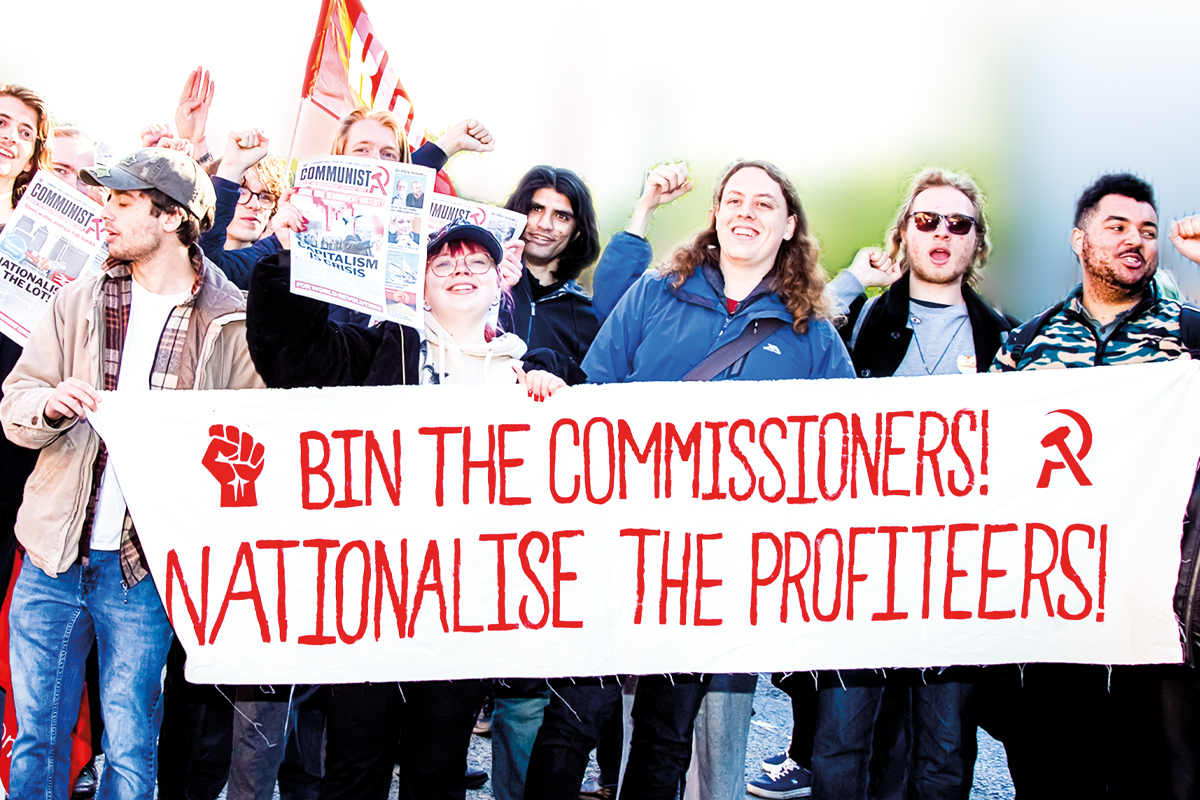
Adding to the repression, a High Court ruling will continue to indefinitely prohibit workers from hard picketing.
Hiding behind a crackdown of court orders and police cordons, the council can cynically claim to respect the right to protest, so long as protest happens within the confines they deem satisfactory.
The reality of our so-called democratic and legal ‘rights’ has been revealed once again: workers do not have a level playing field to fight on. In particular, the weight of Britain’s draconian anti-union laws – including the ‘six person limit’ on picket lines – tilts the table far in favour of the capitalists.
Similarly, the real function of the ‘judicial’ institutions has been exposed: to undermine effective industrial action and force workers into submission.
Clear perspective
This ‘Labour’ council’s actions reveal where their true loyalties lie. Rather than seeking compromise, they’ve made abundantly clear that they expect workers to shoulder the burden of the council’s financial mismanagement.
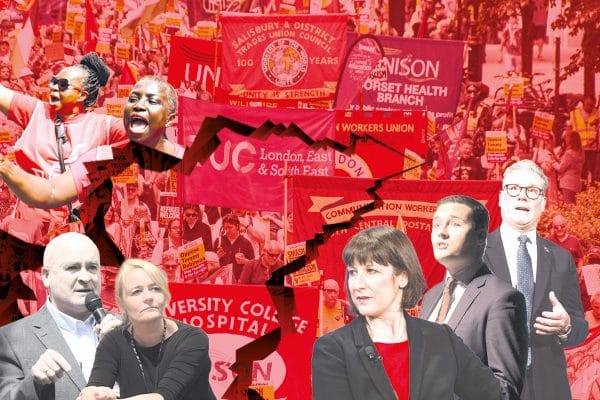
One striking worker put it plainly:
“The council is saying that we should share the pain. But not one councillor, including the leader of the council, has been asked to give up a quarter of their pay. We thought when Labour came in they would stop what was happening. We were wrong.”
There’s little hope for meaningful negotiation when only one side is being asked to make sacrifices.
Yet faced with this uncompromising stance, Unite has appealed for “common sense to prevail in upcoming negotiations”.
The council’s hands are tied not by ignorance, however (a quality that can certainly be found in plentiful quantities in the town hall), but by their obligations to the banks and creditors demanding repayment – no matter the cost to the residents of Birmingham.
If the union is to win, its strategy must change. Rather than treating militant action as a bargaining chip at the negotiating table, the inspiring example of the Birmingham strikers should be used to ignite broader layers of the working class.
In enforcing the six-person picket rule, the council has effectively thrown down the gauntlet. This struggle, in essence, is no longer just about pay or jobs.
Combined with the shameful use of scabs by the council, this means that either the strike can smash through the anti-union legislation; or, sooner or later, the council will force the strikers back to work.
For mass militant action
The council’s aim is clear: to crush the bin workers. If they succeed, they will set a precedent for further attacks on other workers.
The unions must go beyond chanting symbolic slogans like “an injury to one is an injury to all”, and turn these words into meaningful, militant, coordinated action.
Workers elsewhere are affected by the anti-union laws, and disgusted by their implementation in Birmingham. Meanwhile, there is a broad anti-Starmer mood across the working class – and a desire to fight back.
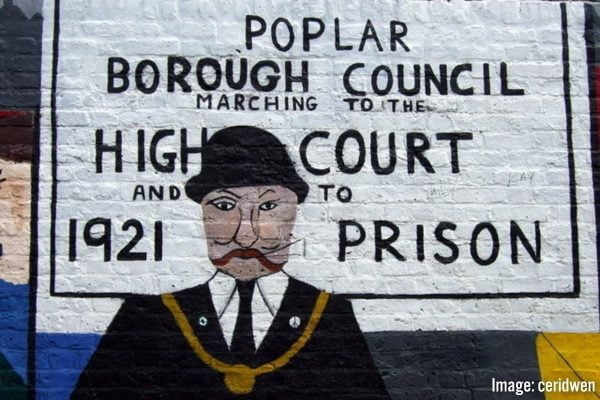
The union leaders must therefore adopt the stance that it is better to break the law than break the poor.
Whether that means continuing with hard picketing, in the face of threats of arrest; smashing through the anti-union laws with militant action, and thereby making them a dead letter in practice; or struggling for the complete removal of these draconian laws: the only way to fight against state repression is to mobilise broader layers in defence of the Birmingham bin strikers.
The logical place to start is in Birmingham itself. The council bankruptcy is now a deep-rooted issue in the city, affecting hundreds of thousands of residents.
The megapicket held in May was a step in the right direction, showing that local residents and other trade unionists are ready to stand with the bin workers. Another mass demonstration – called by Strike Map for 25 July – offers another opportunity to demonstrate this support.
The trade unions should embrace these efforts to link up the struggle more broadly, and actively work to ensure there is an even bigger turnout than the last.
The unions must play a leading role in turning this relatively passive form of support into active mobilisation: balloting other sectors for coordinated strike action, culminating in a city-wide strike against austerity and council cuts.
The opportunity to broaden out the struggle is there to seize. But that will only happen if the leaders of the trade unions cross the Rubicon and refuse to abide by the council’s rules, in this rigged game designed to benefit the bankers and bosses.

